How to Choose Snacks for Your Hiking Adventures
By Kim Pierce, MS, RD, LDN, CDE
Updated January 14, 2024
This post may contain affiliate links.
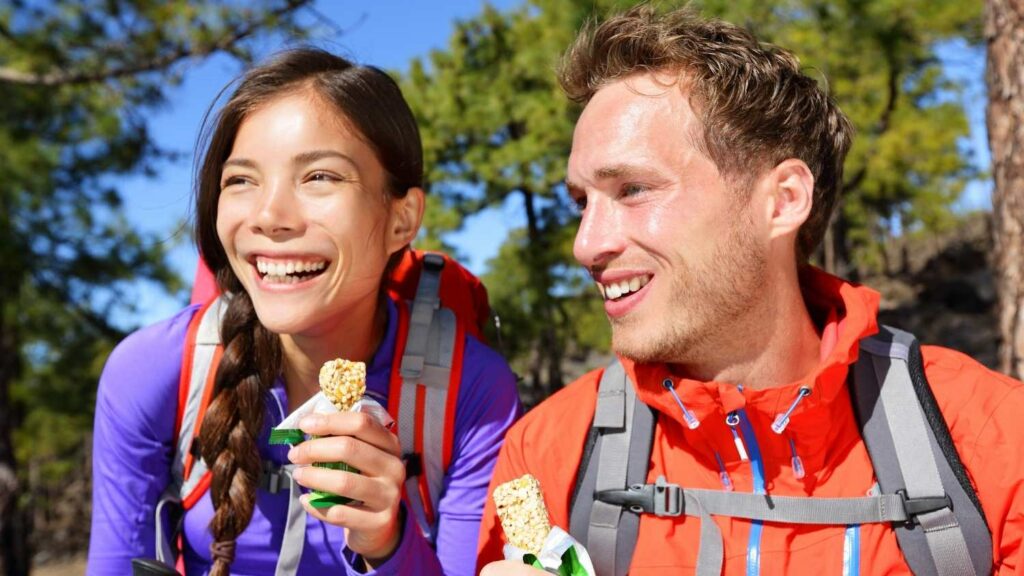
Depending on the duration and difficulty of your hike, you’ll want to choose different types of snacks for your hiking adventures: slow-burning energy and quick-energy snacks.
Slow Burning Energy Snacks
Slow-burning energy snacks for hiking consist of carbohydrates, fiber, and protein. This type of snack will help to curb your hunger for several hours as well as help you achieve your daily calorie, carbohydrate, and protein goals.
Examples of carbohydrate-rich hiking snacks:
- Bars – Belvita, Kind, and Kashi brands
- Cereal – Kashi, Cheerios, Chex
- Crackers – Goldfish, Triscuits, Wheat Thins
- Honey wheat pretzels
- Applesauce pouches
- Dried fruit
Examples of protein-rich hiking snacks:
- Nuts
- Beef jerky and vegan jerky
- Tuna and salmon packets
- Nut butter packets – peanut, almond, cashew, SunButter
- Cheese sticks
- Nut bars – Kind brand
Examples of combination hiking snacks:
- Homemade trail mix – dried fruit, shaved coconut, an assortment of nuts, and cereal
- Store-bought trail mix – PowerUp
- Fruit and nut bars – Larabar
- Nut butter sandwich
Tips for Creating Your Own Slow-Burning Energy Snack Combinations:
Combine sources of carbohydrates and protein from the lists above –
- Kind fruit bar and a packet of nuts such as cocoa almonds
- Belvita bar topped with nut butter
- Triscuits with a tuna or salmon packet
- Goldfish crackers and a cheese stick
- Dried fruit and a handful of nuts or several pieces of jerky
- Applesauce pouch and a nut bar
Quick Energy Snacks
Quick energy snacks for hiking will help prevent you from “hitting the wall”, “bonking”, or “crashing”. Most hikers have experienced this at some point in their hiking careers, and it’s not a pleasant experience. These snacks provide a source of simple carbohydrates (i.e., sugar) and often contain electrolytes. Quick energy snacks help you continue at optimal performance while maintaining blood sugars for hikes greater than one hour. Note: Be aware that some quick energy snacks contain caffeine. It is up to the individual to determine if caffeine is beneficial while hiking.
Examples of Quick Energy Snacks:
Examples of Kid-Friendly Quick Energy Snacks:
Putting it all together
I like to bring snacks from both the slow-burning energy and quick-energy snack options listed above. For times when I do not plan on stopping to eat a meal, I may grab an energy chew or fruit snack that I can easily consume while hiking. I typically bring a bar, trail mix, and a sandwich for longer hikes when we plan to make a few stops. Additionally, consider the space in your backpack when packing a snack. Storage space may also play a role in the quantity of snacks brought.
To determine which snacks fuel your body best while hiking, try different snacks on various hikes to see how your body feels after consuming each snack. The type and duration of the hike will help you decide which snacks to choose.
Give this Backcountry Foodie hiking snack recipe a try…
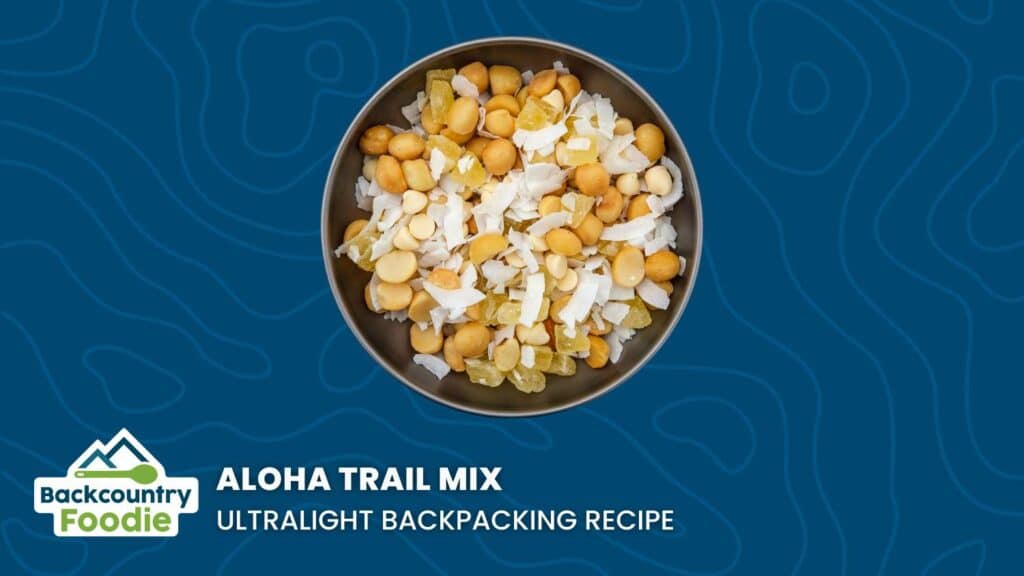
There’s one more thing not to forget:
Proper Hydration
Proper hydration while hiking is just as important as consuming proper snacks. I always carry a water bottle, hydration bladder such as a Camelbak, or both, depending on how long I’ll be out. Check out our “Top 6 Nutrition & Hydration Tips at Altitude” and “What to Eat & Drink While Hiking in Hot Weather” posts for additional tips for staying hydrated.
Disclaimer: This is general nutrition advice, and you should talk with your physician before implementing any dietary or lifestyle changes. Always check nutrition labels and ingredient lists to ensure food items will work for you.

DISCLOSURE: Some of the links on this page are affiliate links, which means we may receive a modest commission if purchases are made through those links. This adds no cost to our readers and helps us keep our site running. Our reputation is our most important asset, so we only include links for products we use ourselves.
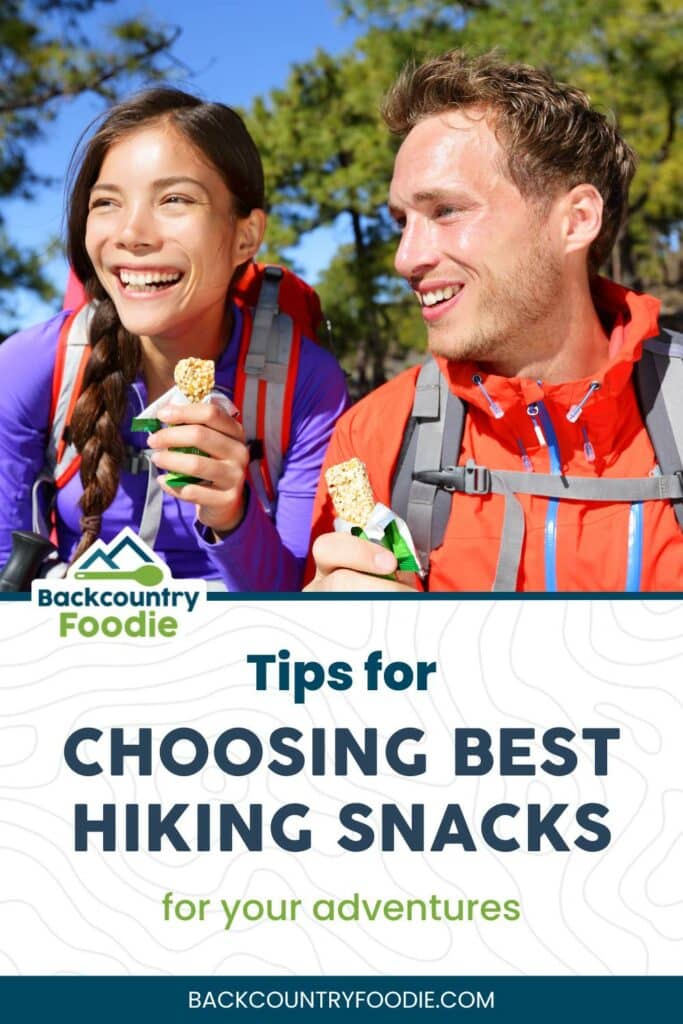
New to our blog?
Here are a few more posts that you might find helpful while preparing for hiking adventures.
- Top 6 Nutrition and Hydration Tips for High Altitude
- What to Eat and Drink While Hiking in Hot Weather
- How to Make a Quick & Easy Backpacking Meal Plan
- Should Backpackers Be Wary of Ramen Noodles?
- Tips for Recovery on the Trail
About the Author:
Kim Pierce, MS, RD, LDN, CDE, The Outdoors Dietitian, is a registered dietitian and certified diabetes educator in Northeast Ohio and Western Pennsylvania. She counsels individuals and athletes on proper nutrition to fuel their bodies for outdoor activities. Kim is a lifelong ice hockey player, cyclist, hiker, and outdoors lover. You can follow Kim on Instagram, Facebook, and Twitter at Outdoors Dietitian.
Resources:
- Sports, Cardiovascular, and Wellness Nutrition (SCAN). (2016). Fact Sheet: Eating During Exercise
- Sports, Cardiovascular, and Wellness Nutrition (SCAN). (2016). Fact Sheet: Sport Foods

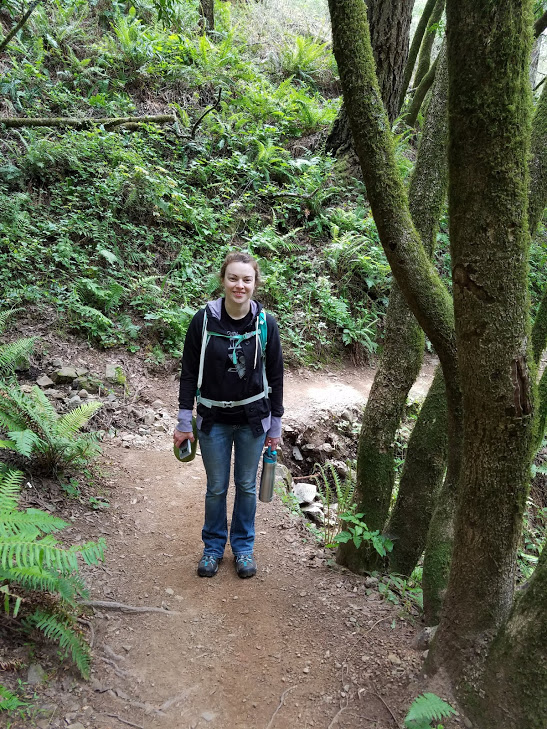
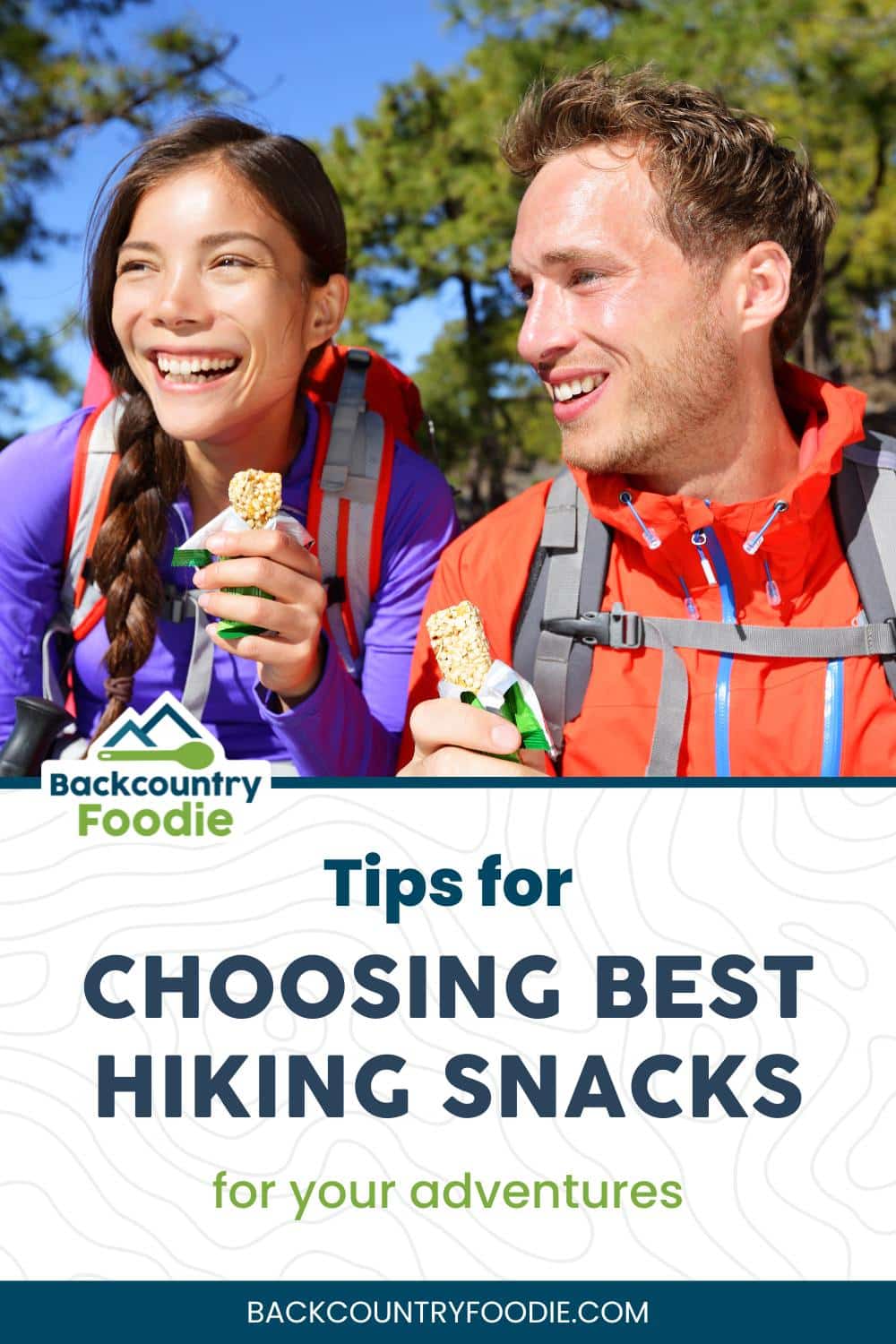
Leave a Reply